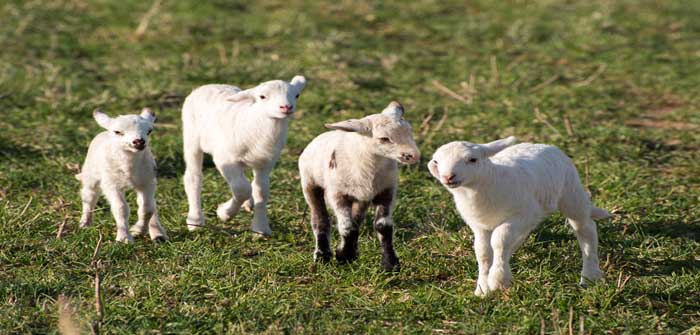With lambing well underway and many sheep turned out, farmers without worm control plans in place for this season’s grazing should act now, according to Nicky Bowden, Boehringer Ingelheim Animal Health’s ruminant veterinary adviser.
Attention should shift to controlling parasite burdens in ewes to minimise pasture contamination with worm eggs. The NADIS Parasite Forecast for April suggests that farmers implement forward planning measures, including using safe grazing for lambs, which should reduce the risk of future infection by gastrointestinal worms, including Nematodirus, that can limit growth.
Ms Bowden stressed that pasture management is a key part of parasite control.
She added: “Identify areas of potential safe grazing. For example, land grazed only by cattle last year, re-seeded pasture, or silage aftermath, which will become available later in the season.
“Where safe grazing is limited, it should be reserved for ewes with twin lambs. Ewes with singles can be turned out onto contaminated pasture and monitored for signs of disease.”
Strategic worm treatments for ewes and lambs should be based on farm parasite history and regional parasite forecasts.
Ms Bowden added: “Effective parasite control in spring aims to minimise future pasture contamination with worm eggs passed by adult ewes, known as the peri-parturient rise. This reduces the likelihood of lambs becoming infected when they later graze the same pasture, which can lead to worm scour in the summer.”


